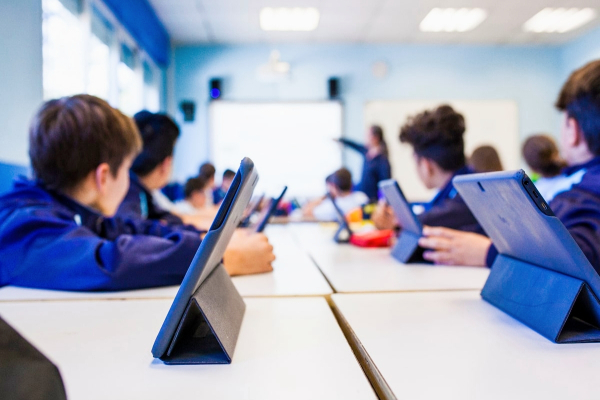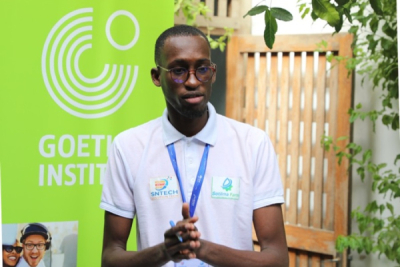- Algeria's ENIE plans to produce 2 million tablets in 2025 to equip 8,800 educational institutions
- The initiative aims to reduce schoolbag weight and enhance education quality through digital tools.
- ENIE has not announced when production will start, raising concerns about meeting the September 2025 deadline.
Algeria's National Electronic Industries Company (ENIE) aims to manufacture two million electronic tablets in 2025 for distribution to 8,800 educational institutions, the company's Chief Executive Officer Mohamed Abbes Bourassi announced on Wednesday. Speaking to the Algeria Press Service (APS) during the reopening of ENIE's showroom in Algiers, Bourassi detailed the ambitious production target.
This initiative is anticipated to bolster the government's goal of expanding the use of information and communication technologies within the national education system. The government has outlined plans to equip half of the country's primary schools with electronic tablets for the upcoming academic year. These devices are envisioned for use in school administration and are also expected to streamline access to online educational materials, research, learning tools, and communication channels for both students and educators.
In remarks carried by APS, Minister of National Education Mohammed Seghir Sadaoui stated that the project intends to "reduce the weight of students' schoolbags, but more importantly, to enhance schooling conditions and the quality of education, aligning them with digital advancements." The Algerian government's ultimate vision is to transform Algerian schools into a benchmark for modernization and innovation through the integration of digital tools. To this end, digital platforms have been implemented for various stakeholders, including teachers and parents, skills assessment, and appointment scheduling for diploma verification.
ENIE has yet to release a precise schedule for the commencement of electronic tablet production. This lack of a specific timeline raises concerns regarding the company's capacity to deliver the devices by the start of the September 2025 school year, in accordance with the government's stated commitments.
By Isaac K. Kassouwi,
Editing by Sèna D. B. de Sodji



















